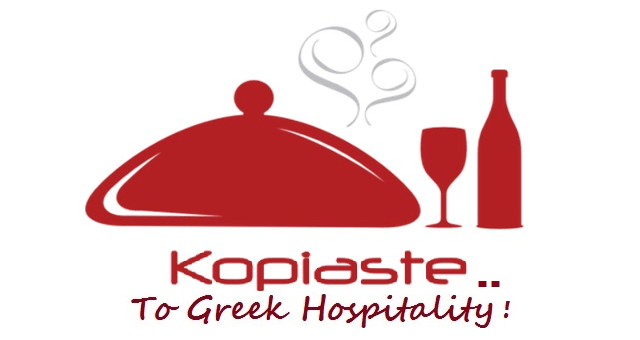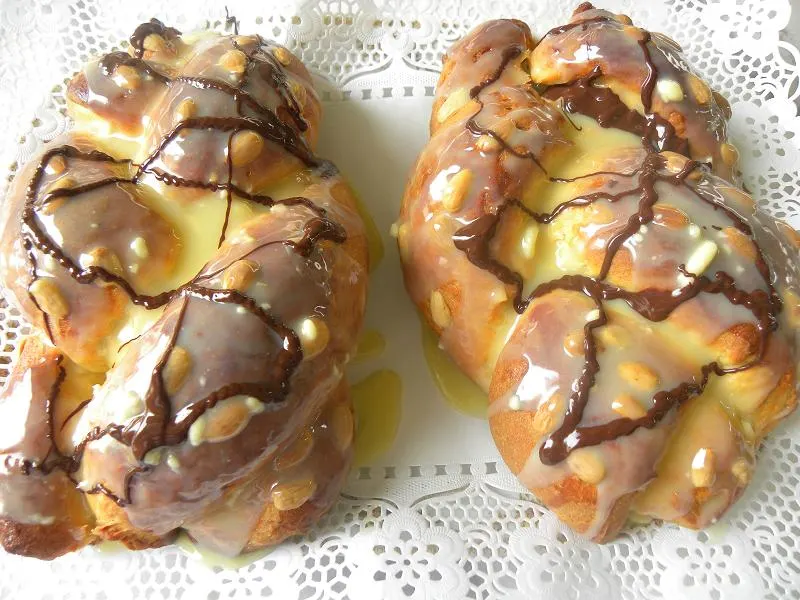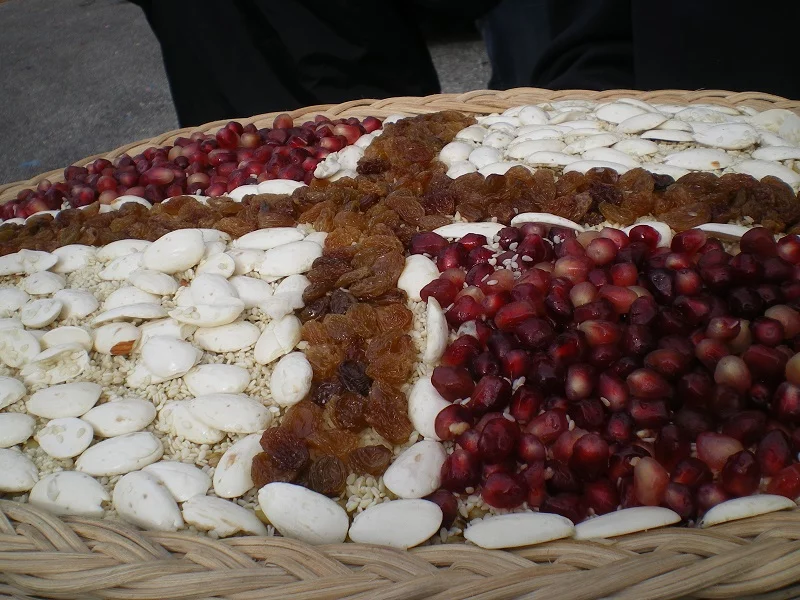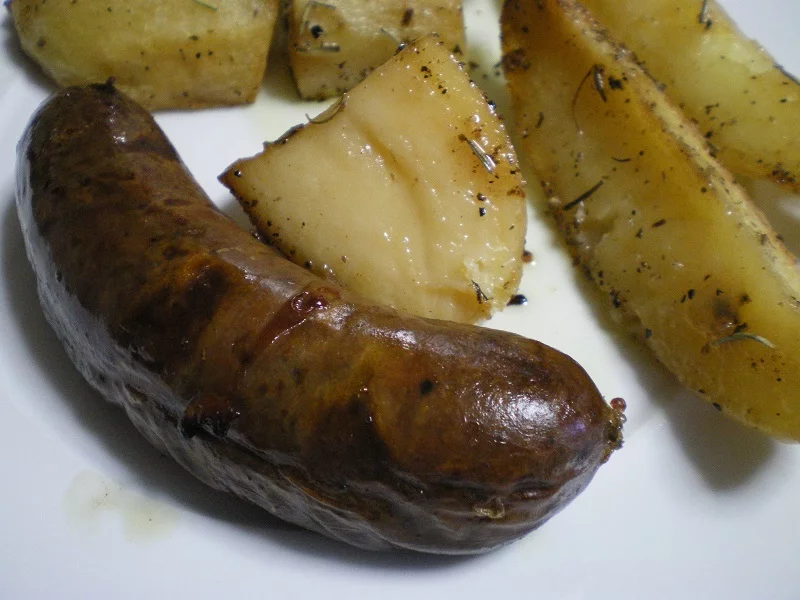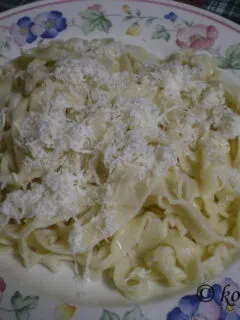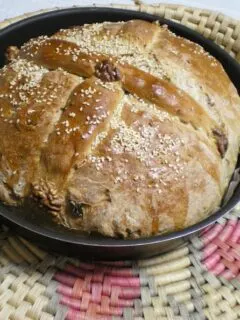Tsoureki, plural Tsourekia, (pronounced TSOU-rhe-kee), is a slightly sweet Greek bread, similar to brioche, which is braided and made throughout the year. It is also part of our Easter and Christmas traditions.
Traditions
Christos Anesti! Christos Anesti meaning Christ is risen is a greeting Orthodox Christians say during the whole period after Easter and until the Ascension of Christ to Heaven. In all liturgical services the Paschal troparion (hymn) of Christos Anesti is chanted during weddings, baptisms, funerals and this greeting is only used during the first time …
Kollyva, is a sweet dish prepared with boiled wheat berries, nuts, raisins, pomegranate and spices, which is taken to church to commemorate our deceased during funerals or memorials.
Kalikantzari, which are malevolent goblins, in Greek and Cypriot folklore tradition, get out of the depth of earth during the twelve days of Christmas.
Spartiatika Loukanika are the famous Spartan Sausages, which are flavoured with orange and spices.
I have tried nearly all type of Greek and Cypriot sausages and not that I don’t like them all but these ones with orange flavour are my favourite.
Battered Bakaliaros (salted cod), in Greek “μπακαλιάρος”, is the traditional food we eat in Greece on the 25th of March.
Makarounotes Chylopites (or hilopites) are traditional Greek egg and milk pasta. They are either cut long like tagliatelle and fettuccine or in very small pieces of about 1 cm long which are ideal as a side dish or in soups. Makarounotes are the long ones, which take their name after the word “makaroni”, which is a description of the long pasta to distinguish them from the smaller ones.
Christopsomo, which translates as “Christ’s Bread”- pron. Christopsomo also named kouloúra tou Christoú (round bread of Christ), is usually a round loaf often made with the same ingredients as Easter bread. Raisins, nuts, cinnamon, cloves, and nutmeg are just a few of the taste treats found in this traditional sweet loaf.
